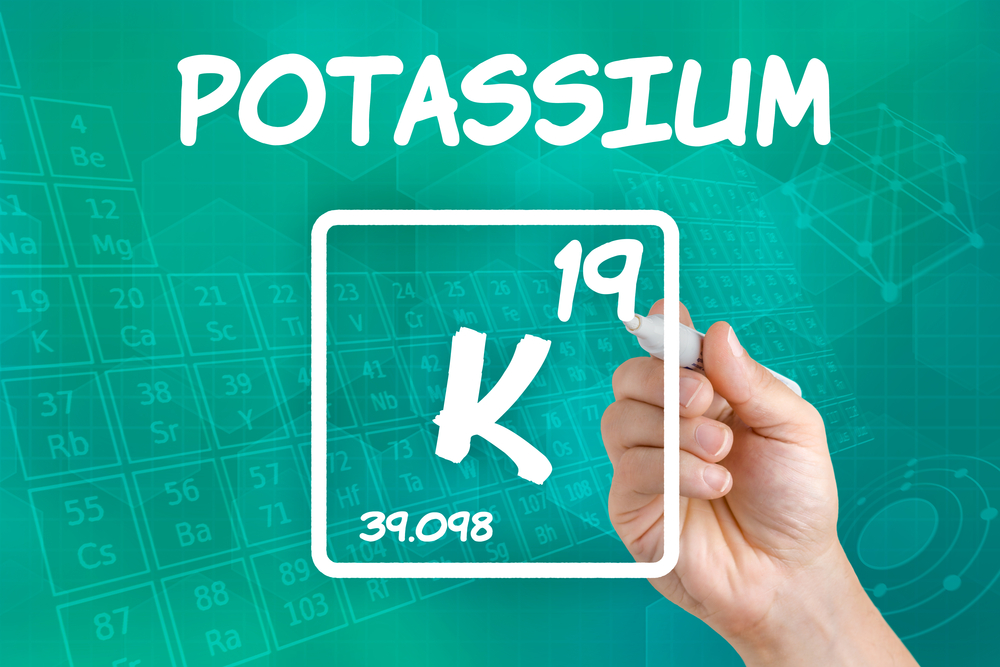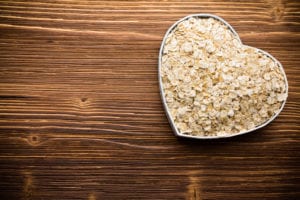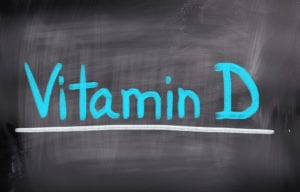Crocin Supplementation Significantly Reduces Chemotherapy-Induced Peripheral Neuropathy-Related Pain
Written by Taylor Woosley, Staff Writer. After 18 weeks of treatment, P/C arms showed a significant decrease in CIPN severity (P < 0.01) and an increase in patient’s recovery/improvement (P < 0.01) compared to C/P arms in all related scales.















